On the grill for discussion topics:
- Consolidating our resources for Indigenous Residential Schools -- the Lejac Case Study.
- An explanation from Rob on how he understands the triangulation approach to assessment (as presented by Sandra Herbst) and what the implications might be for local social studies teachers.
- A "critical friends" look at how teacher education programs can anticipate problems of practice that occur in teachers' first five years of practice.
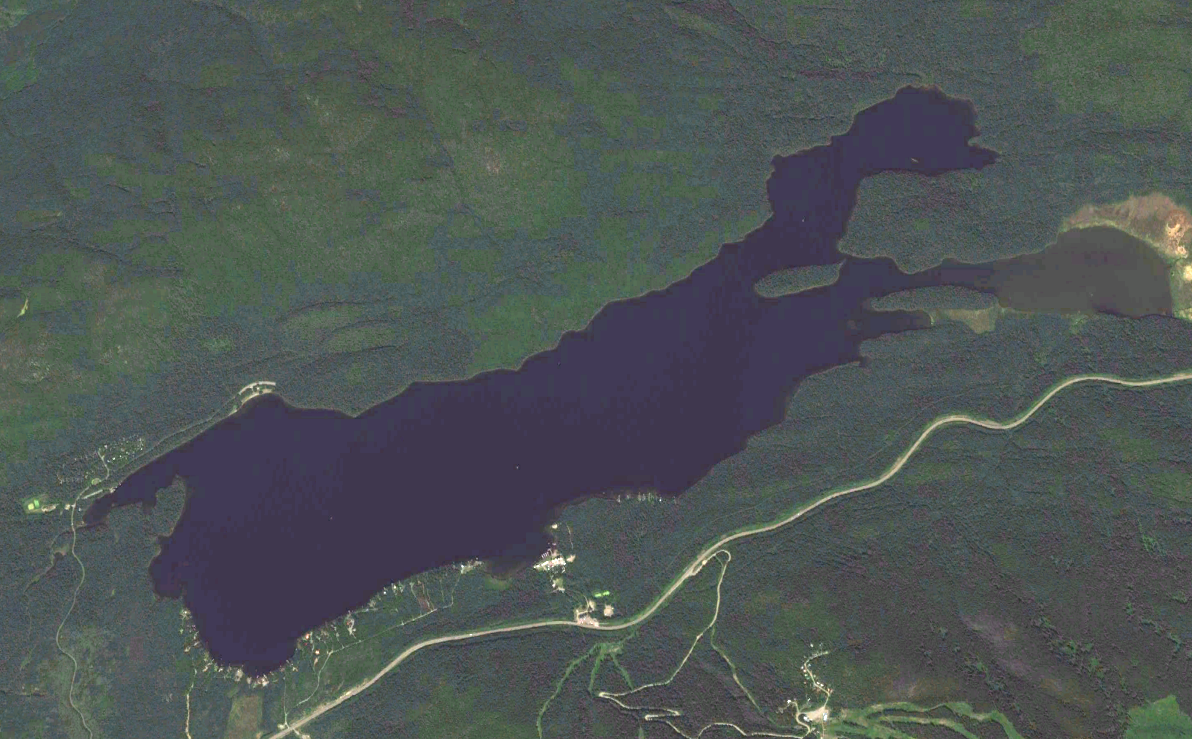
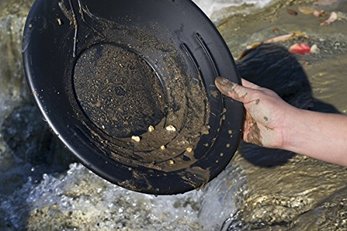
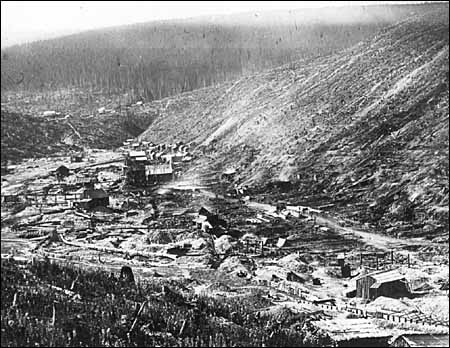
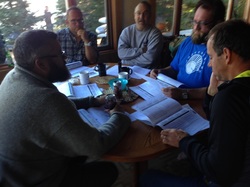
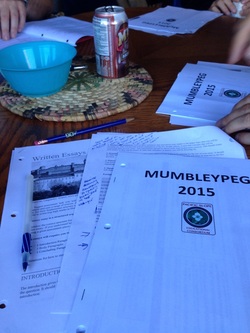
 RSS Feed
RSS Feed